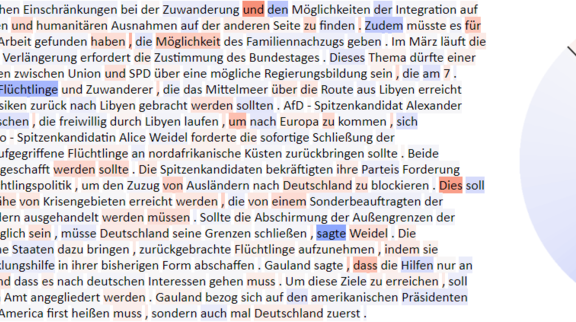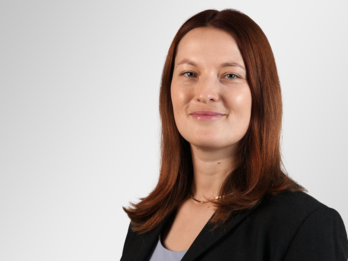News

Accepted papers on ACM SIGMOD 2023
Three papers involving ATHENE researchers were accepted at the A*-ranked 2023 ACM SIGMOD/PODS Conference. The annual conference is a leading international forum for database researchers, practitioners, developers, and users to explore innovative ideas and results and to share techniques, tools, and experiences. The conference offers a comprehensive technical program with presentations from research and industry, tutorials, demos and workshops.
read more
ATHENE researchers publish their work in the journal IEEE Transactions on Technology and Society
ATHENE researchers at TU Darmstadt are working on a privacy-friendly approach for state actors to compare exploit inventories without disclosing national secrets. This approach can be used to enhance cybersecurity for civilians, as known exploits that are identified by multiple states can be released for remediation. The method provides a practical solution to cyber arms control. The research was published in the IEEE Transactions on Technology and Society journal and was awarded the 2022 CROSSING Collaboration Award.
read more
Successful submission to PLDI 2023
ATHENE researchers are placing a paper at the highly ranked 44th ACM SIGPLAN Conference on Programming Language Design and Implementation (PLDI 2023). The conference is the leading forum in the field of programming language and programming systems research.
read more
Successful submissions at ICSE 2023
Two papers written in collaboration with ATHENE researchers were accepted at the 45th IEEE/ACM International Conference on Software Engineering. ICSE, the IEEE/ACM International Conference on Software Engineering, is the leading conference on software engineering. Since 1975, ICSE has provided a forum where researchers, practitioners, and educators come together to present and discuss the latest innovations, trends, experiences, and issues in the field of software engineering.
read more
ChatGPT or human author?
ATHENE researchers at Fraunhofer SIT are researching ways to help recognize texts created with ChatGPT. Among other things, the text forensics experts are working with a self-developed method for authorship verification, COAV: Originally, it was used to detect plagiarism in scientific papers, for example. Since COAV compares texts on a stylistic basis, this method can also be used to identify a specific "author," namely ChatGPT. This is used to calculate the distances between texts using similarities of text modules and typical consecutive letter strings: Is the text closer to GPT or closer to a human?
read more
